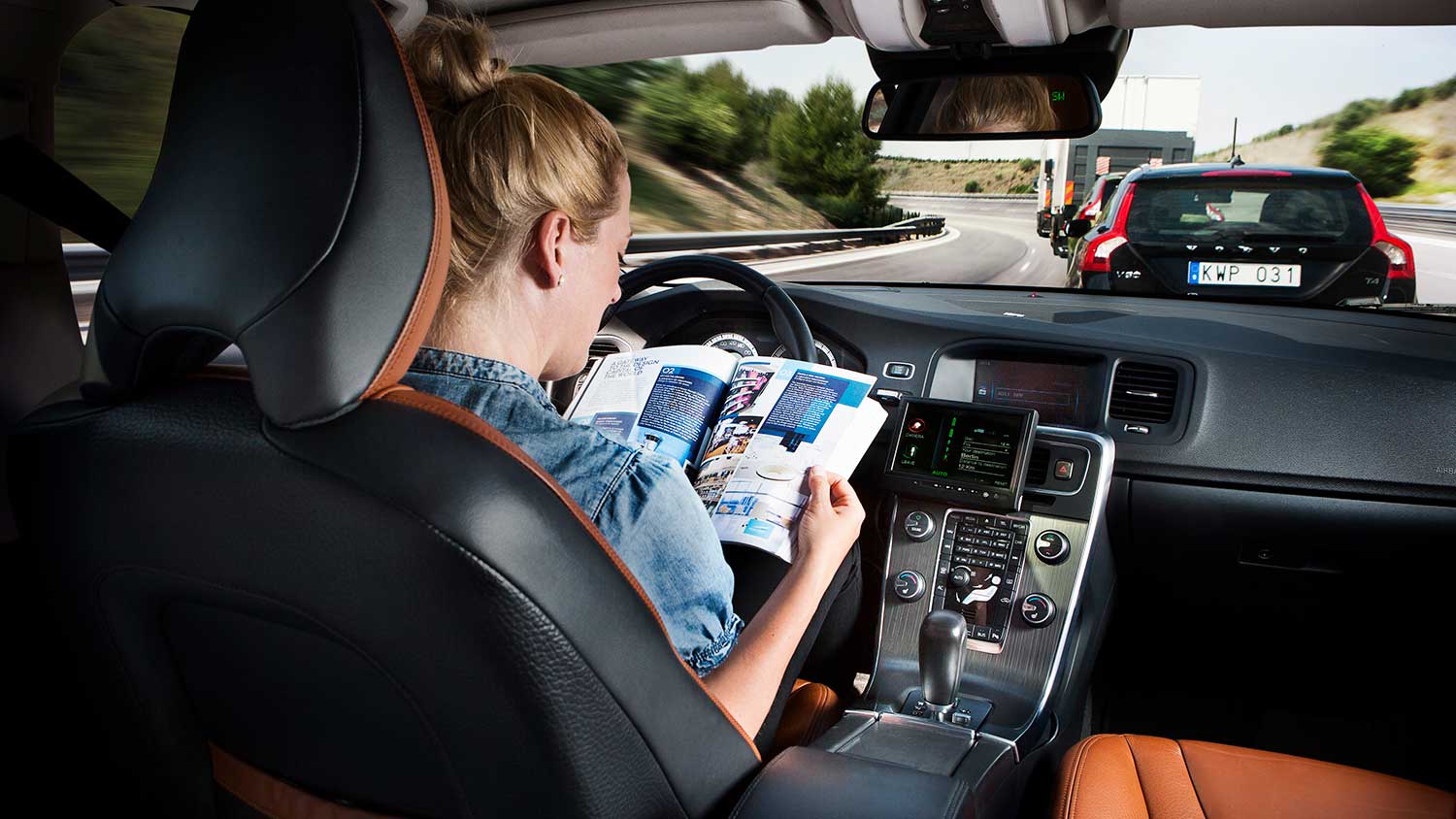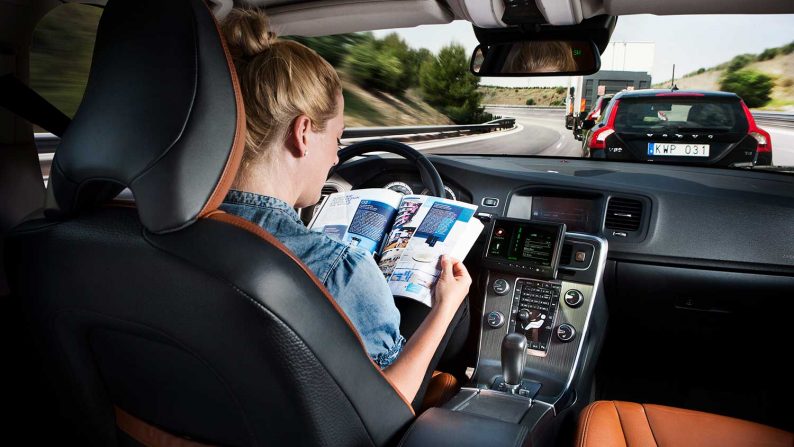
Analysts estimate that by 2030, self-driving cars and trucks (autonomous vehicles) could account for as much as 60 percent of US auto sales. That’s great! But autonomous vehicles are basically computers on wheels, and computers crash all the time. Besides that, computers get hacked every day. So you gotta ask, “Can self-driving cars ever really be safe?”
The short answer
No. Self-driving cars can never really be safe. They will be safer. So much safer that it’s worth a few minutes to understand why.
Humans are very dangerous
First and foremost, according to the National Highway Traffic Safety Administration (NHTSA), 90 percent of all traffic accidents can be blamed on human error. Next, according to the AAA Foundation for Traffic Safety, nearly 80 percent of drivers expressed significant anger, aggression, or road rage behind the wheel at least once in the past year. Alcohol-impaired driving fatalities accounted for 29% of the total vehicle traffic fatalities in 2015. And finally, of the roughly 35,000 annual traffic fatalities, approximately 10 percent of them (3,477 lives in 2015) are caused by distracted driving.
Remove human error from driving, and you will not only save a significant number of lives, you will also dramatically reduce the number of serious injuries associated with traffic accidents – there were over 4.4 million in the United States during 2015.
Data begins to make the case
In May 2016, a 40-year-old man named Joshua Brown died behind the wheel of a Tesla cruising in Autopilot mode on a Florida divided highway. He was the first.
Rage against the machine quickly followed, along with some valid questions about whether Tesla had pushed this nascent technology too fast and too far. Everyone expected the accident to be the fault of a software glitch or a technology failure, but it was not.
The NHTSA investigation found that “a safety-related defect trend has not been identified at this time and further examination of this issue does not appear to be warranted.” In other words, the car didn’t cause the crash. But there was more to the story. The NHTSA’s report concluded, “The data show that the Tesla vehicles crash rate dropped by almost 40 percent after Autosteer installation.” In reality, while Mr. Brown’s death was both tragic and unprecedented, the investigation highlighted a simple truth: semi-autonomous vehicles crash significantly less often than vehicles piloted by humans.













Leave A Comment